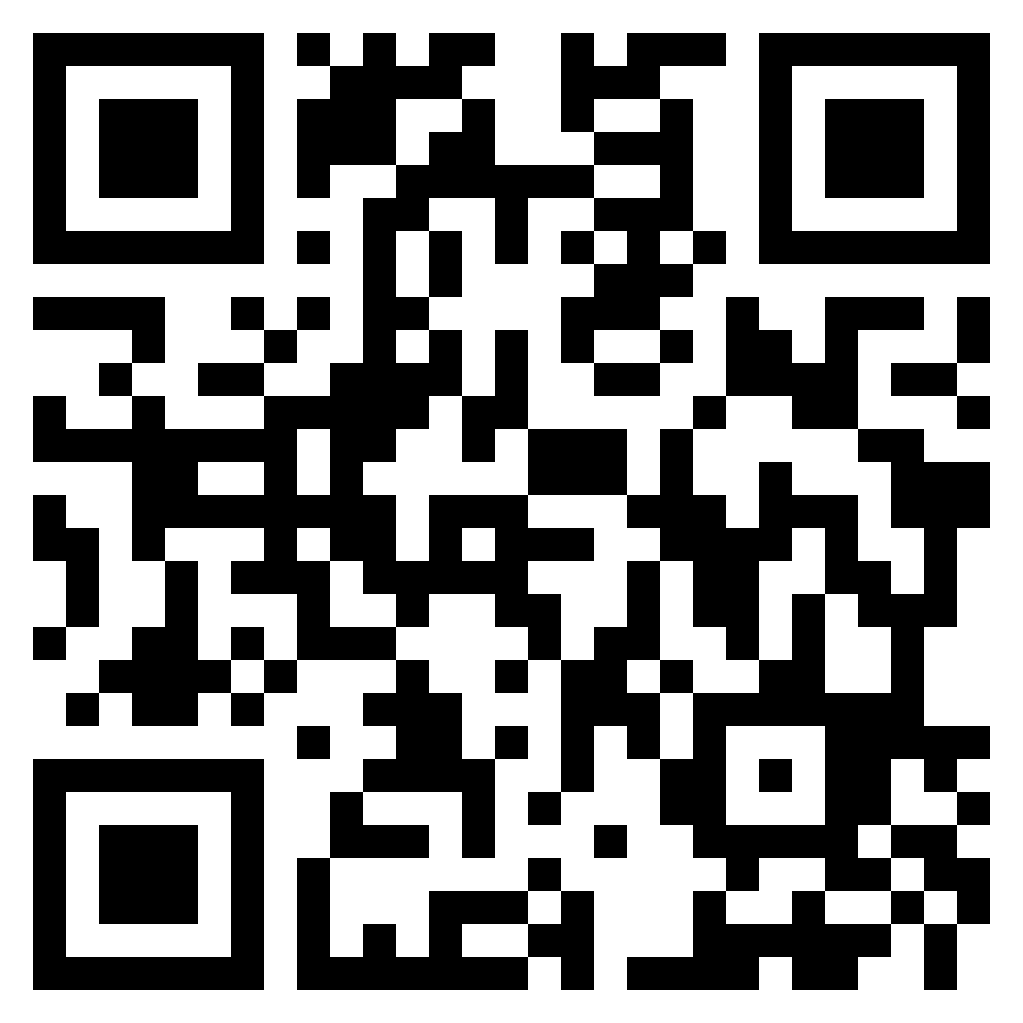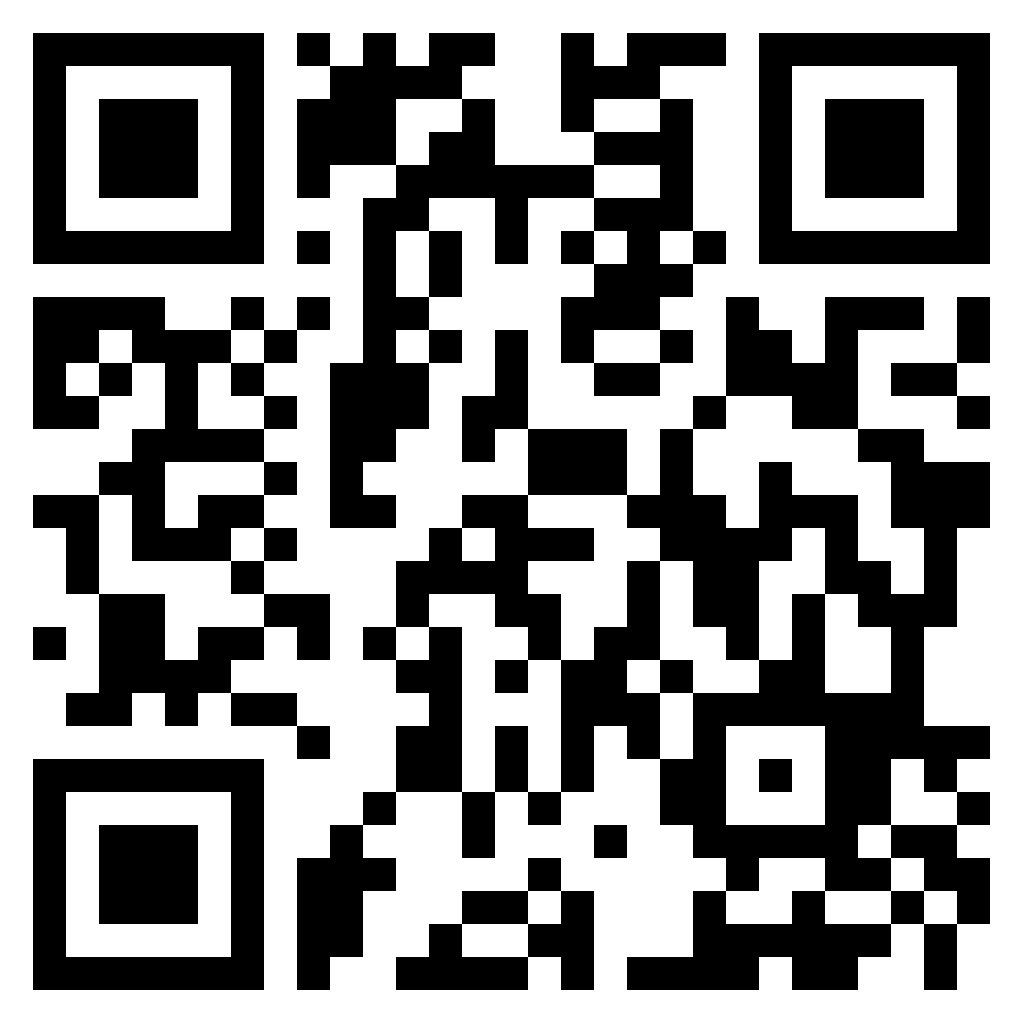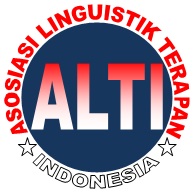Fostering Participatory Culture Through The Use Of #Noindomyatairport By BTS Army Fandom On Twitter
DOI:
https://doi.org/10.46961/mediasi.v5i3.1355Keywords:
Twitter, Budaya Partisipatif, Fandom Kpop, BTSAbstract
Twitter social media has had a major impact on participatory culture by making it easy for individuals to participate in discussing the same goals. Active encouragement of the distribution and creation of meaning in media texts has the power to shape participatory culture on these platforms. This research aims to analyze the participatory culture of the BTS ARMY fandom that is formed on Twitter through the use of the hashtag #NoINDOMYatAirport. Using a qualitative approach and descriptive case study method, data related to hashtag activity was collected and analyzed to understand the dynamics of participatory culture on social media. The findings of this research indicate that Twitter has a key role in shaping a culture of participation among Kpop fans. Based on the concept of participatory culture by Henry Jenkins, three forms of participatory culture were identified that emerged through the use of the hashtag #NoINDOMYatAirport on Twitter, namely affiliation, expression and collaborative problem solving.
Downloads
Published
How to Cite
Issue
Section
Citation Check
License
Copyright (c) 2025 Zuraida Zein H Zunaedi

This work is licensed under a Creative Commons Attribution-NonCommercial 4.0 International License.
You are free to:
- Share — copy and redistribute the material in any medium or format
- Adapt — remix, transform, and build upon the material
- The licensor cannot revoke these freedoms as long as you follow the license terms.
Under the following terms: Attribution; NonCommercial; and no additional restrictions.















